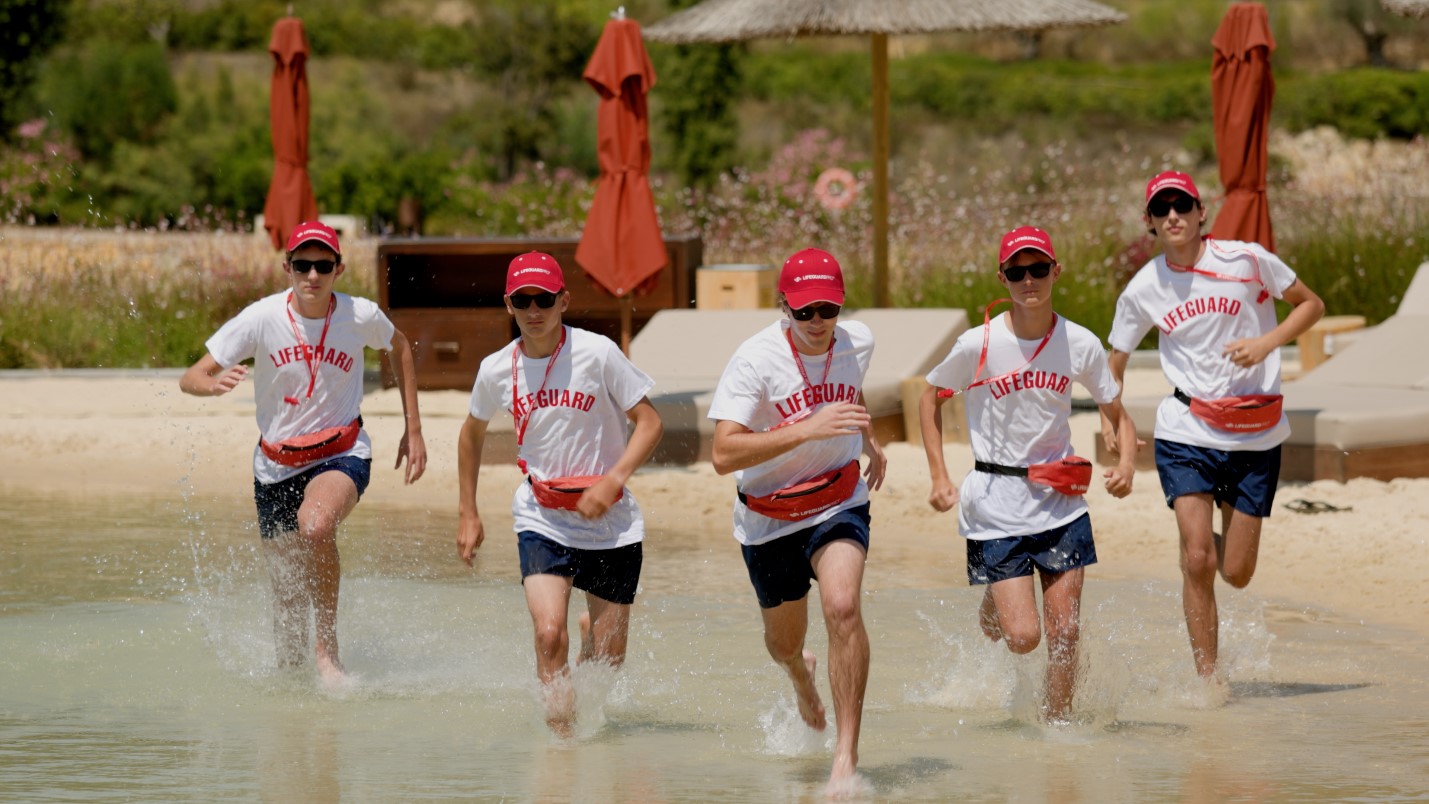Recognizing Stress in Aquatic Environments
Working as a water safety professional, the aquatic environment presents its unique set of challenges. Stress can manifest not only from the responsibilities of safeguarding lives but also from the demands of maintaining peak physical fitness.
Navigating these challenges requires a comprehensive approach that integrates effective stress management techniques with a commitment to physical well-being.
Breathing Techniques for Resilience
In the realm of water safety, composure is paramount. Deep breathing exercises become more than just a relaxation technique; they serve as a tool for maintaining focus during high-pressure situations. Inhaling and exhaling with purpose not only calms the nerves but also enhances our ability to make split-second, life-saving decisions.
Mindfulness on the Waterfront
As water safety professionals, we understand the importance of being present in the moment. Mindfulness meditation becomes a practice not only for personal well-being but also for sharpening our situational awareness. Focusing on the current conditions of the water and our surroundings ensures a proactive approach to safety.
Fitness as a Foundation
Physical fitness is the cornerstone of a water safety professional’s capabilities. Regular exercise is not merely a regimen; it’s a necessity for maintaining the strength and stamina required during rescue operations. Whether it’s swimming drills, strength training, or endurance exercises, a well-rounded fitness routine is integral to effective water safety.
Prioritizing Quality Sleep
The demands of a water safety professional’s schedule can be relentless. Adequate sleep is not a luxury; it’s a prerequisite for peak performance. Establishing a consistent sleep routine ensures that we are well-rested and ready to respond to any aquatic emergency with precision and efficiency.
Nutrition for Sustained Vigilance
A water safety professional’s diet is not just about personal health; it directly impacts our ability to perform under pressure. Optimal nutrition, rich in the necessary nutrients, fuels our bodies for the physical demands of the job and contributes to mental sharpness during critical moments.
Effective Time Management in Water Safety
Time management is a skill we hone to perfection. Prioritizing tasks, setting realistic goals, and efficiently managing our time ensures that we are always prepared for potential water-related incidents. Effective time management minimizes stress and enhances our overall effectiveness as water safety professionals.
Team Connection in Aquatic Safety
In the realm of water safety, teamwork is non-negotiable. Building and maintaining strong connections with our fellow professionals is not just a stress management technique but a lifeline in critical situations. A cohesive team ensures that everyone operates seamlessly, contributing to the overall safety of the aquatic environment.
Utilizing Technology Mindfully
Technology is a valuable tool in modern water safety, but it requires careful management. Setting limits on technology use, especially during critical hours, minimizes distractions and ensures that our focus remains on the ever-changing dynamics of the water.
Lifeguard training as a Holistic Approach
For water safety professionals seeking an immersive fitness experience, lifeguard training is unparalleled. Beyond mastering life-saving techniques, it offers a comprehensive fitness regimen that includes swimming, strength training, and rescue simulations. Lifeguard certification isn’t just a badge; it’s a testament to our commitment to both fitness and safety.
Benefits beyond Certificate
Lifeguard certificate goes beyond the acquisition of skills. It serves as a continual fitness benchmark. The rigorous training not only prepares us for emergencies but also maintains our physical prowess, contributing to our ability to handle the demands of the profession.
Finding Lifeguard classes: A Professional’s Pursuit
In the pursuit of continuous improvement, water safety professionals often seek lifeguard classes. Local aquatic facilities, community centers, and professional organizations offer lifeguard classes tailored to our specific needs. These classes not only refresh our skills but also provide an opportunity to connect with fellow professionals in a shared commitment to water safety.
Conclusion: American Lifeguard Association’s Role
In the water safety profession, stress management and physical fitness are inseparable. As we advocate for the holistic well-being of those under our care, lifeguard training stands out as a beacon of comprehensive preparation.
When seeking “lifeguard classes near me”, consider the American Lifeguard Association. Their commitment to excellence ensures that the training received goes beyond certification, fostering a culture of continual improvement in both water safety and personal fitness.




